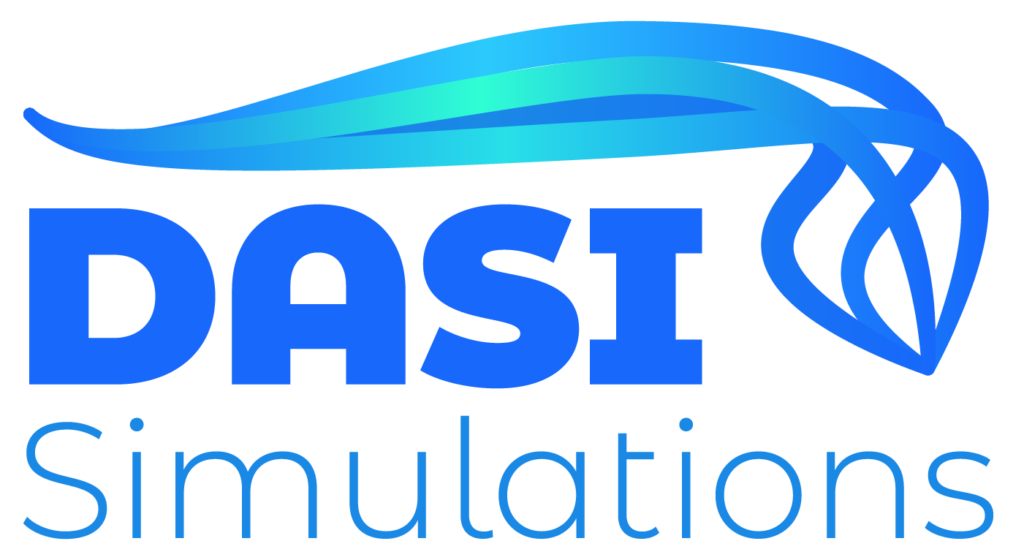Blog
DASI Simulations Secures $1.5 Million in Seed Round Funding
Funds will accelerate AI-driven solution to improve heart surgery outcomes
Columbus, OH — February 2022 – Dasi Simulations, LLC, the leading medical technology company that uses advanced computational modeling, artificial intelligence (AI) and machine learning (ML) to transform the safety of care for structural heart disease patients, today announced that it has raised $1.5 million in seed round funding. The round will be used to expand engineering capabilities, advanced product development, and execute DASI’s defined regulatory strategy. DASI provides AI-driven, SAAS solutions to improve the treatment of structural heart valve disease.
 More than 5 million Americans are diagnosed with heart valve disease each year. Eventually, many of those patients will undergo surgery to replace the damaged valve. Transcatheter aortic valve replacement (TAVR), a minimally invasive procedure, is becoming the standard of care for replacing heart valves. In 2022, there are predicted to be more than 100,000 TAVR procedures. The best outcomes require surgeons or interventional cardiologists with highly specialized skills and experience in TAVR. A misdirected or misplaced valve can cause arterial obstruction, rupture, blood clots, poor hemodynamics, or even death.
More than 5 million Americans are diagnosed with heart valve disease each year. Eventually, many of those patients will undergo surgery to replace the damaged valve. Transcatheter aortic valve replacement (TAVR), a minimally invasive procedure, is becoming the standard of care for replacing heart valves. In 2022, there are predicted to be more than 100,000 TAVR procedures. The best outcomes require surgeons or interventional cardiologists with highly specialized skills and experience in TAVR. A misdirected or misplaced valve can cause arterial obstruction, rupture, blood clots, poor hemodynamics, or even death.
HIPPA-compliant, cloud-based platform, DASI, an acronym for Direct Analytical Surgical Individualization, augments the current process using artificial intelligence and machine learning to supply data for evidencebased patient specific pre-surgical planning. The company is actively implementing and improving its products, working in collaboration with scientists at The Ohio State University in Columbus and the Georgia Institute of Technology in Atlanta, to increase clinical indications and further expand the impact this technology brings to patient care.
“Imagine if each patient could receive an artificial heart valve that is best suited to their unique anatomy through a pre-planned surgical procedure optimized for their blood flow and body condition, with predictive analysis to anticipate potential complications?” said Teri Sirset, DASI Simulations CEO. “That gets to the heart of personalized medicine.”
“DASI, uses a patient’s CT scans to model a patient’s unique anatomy and disease, producing patient-specific simulations to find the best solution for that patient. DASI considers multiple valve manufacturers and designs, various replacement valve sizes, and different procedural approaches. DASI integrates into the existing TAVR process seamlessly, creating a personalized solution for every TAVR patient.
“Structural heart programs are increasingly appearing in regional centers,” Sirset said. “There are over 750 centers in the U.S. performing TAVR procedures. DASI technology provides another tool to enhance safety, quality, life-long patient management, and the highest standard of care for centers that seek to become centers of excellence.”
The Ohio Third Frontier Technology Validation and Start-up Fund recently recognized DASI Simulations with a $150,000 commercialization grant. DASI is a job-creator, adding more than ten positions in Central Ohio in the past eighteen months. The company is actively recruiting for openings in information technology, research and development, and business development. The firm expects to reach twenty-five technology positions by yearend.
About DASI Simulations
DASI Simulations LLC (DASI) has the first-mover opportunity, “Precision TAVI,” to provide decision support Software as a Service (SaaS) technology to personalize structural heart surgery (e.g., valve implantation). Using biomedical data-driven algorithms powered by artificial intelligence (AI) and machine learning (ML), DASI aims to improve patient outcomes and reduce hospitals’ overall costs. These evidencebased simulations involve 3D-modeling of the patient’s routine clinical imaging data followed by extensive personalized computational modeling. DASI will work by optimizing the structural heart-team’s workflow through its multi-device compatible interface that will help physicians personalize treatment options for each patient with interactive visual demonstrations of computational results highlighting potential risks between valve options and state-of-the-art risk mitigation strategies.
Categories
Recent Posts
- DASI Simulations PrecisionTAVI gets CMS Hospital Outpatient Billing Code
- Georgia Tech Professor’s AI-Driven Predictive Modeling Startup Receives FDA Approval for Life-Saving, Personalized Cardiac Care
- Purpose Jobs Recognizes DASI Simulations for Best Culture
- DASI Simulations earns coveted spot in 2023 MedTech Accelerator program
- AI for Preprocedural TAVR Modeling Gains FDA Clearance
